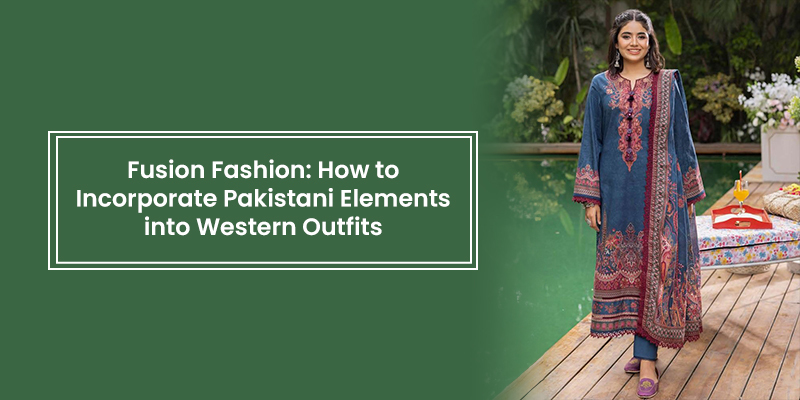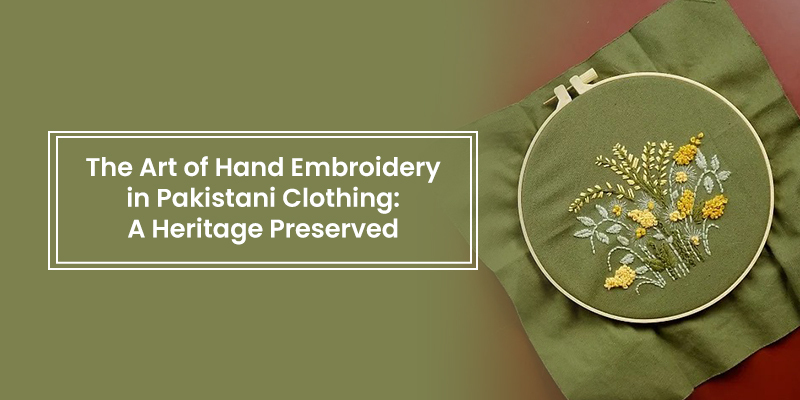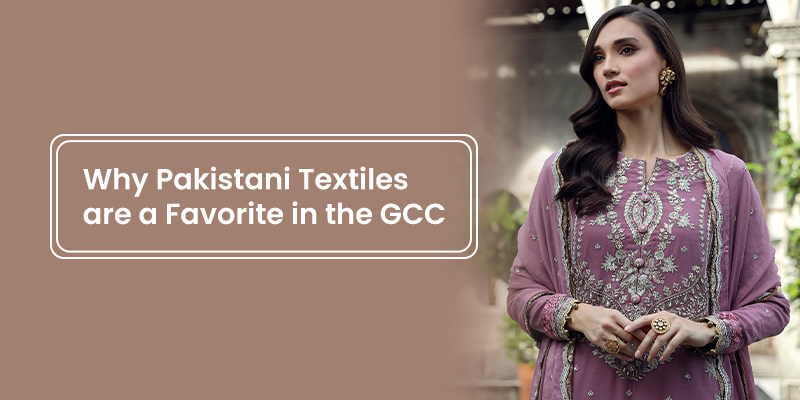How to Care for Pakistani Fabrics in the GCC’s Weather Conditions
Pakistani fabrics are exquisite but delicate and can easily deteriorate when exposed to the hot and humid climate of some of the GCC countries but the right care can prevent that.
The regional weather is extremely hot and very humid coupled with dust which can easily degrade the properties of materials like lawn cotton Chiffon amongst others. Even if it is a t-shirt with bright and vivid prints or a simple dress with elaborate stitching, it takes effort to protect it from the weather.
If you are worried about How to maintain Pakistani clothes in the GCC, worry no more! Konjae will explore Best practices for Pakistani fabric care GCC.
Impact of GCC Weather on Fabrics
Here’s how GCC weather impacts the Pakistani Fabrics.
-
Heat and UV Exposure
Maintaining Pakistani outfits in GCC heat can be daunting. The weather in the GCC regions, particularly during summer, is extremely hot and harsh on the fabric. If exposed to high temperatures for a longer period, the fibers in the materials become less strong and flexible. Also, natural light, especially UVA and UVB is quite damaging; it can reduce the vividness of the colors.
-
Humidity
Humidity is another factor that can have a potential impact on your clothes in the GCC. Fabrics usually become damp and heavy by absorbing water from the atmosphere due to high humidity. This moisture can also cause the formation of mold and mildew, especially when using natural fabrics, such as cotton fabrics.
-
Dust and Sand Exposure
The GCC region is particularly vulnerable to dust storms which can ruin the fabrics. Sand and dust clings to the fibers and create a gritty feel to the material. These particles are sharp and can be abrasive to the fabric, thus causing it to wear out more quickly.
Washing and Drying Pakistani Fabrics
If you don’t know how to take care of Pakistani fabrics, here’s your Fabric care guide for Pakistani clothes GCC.
-
Recommended Washing Practices
Chiffon and silk should be washed by hand or in a gentle mode in the washing machine, while cotton and lawn can be washed in the washing machine in regular mode. Avoid the use of very hot water and strong detergents to ensure that the fabric quality and color do not fade.
-
Best Practices for Drying Clothes
Do not let your clothes be exposed to direct sunlight since they may fade; it’s better to dry them under the shade. For thicker fabric types, it should also be ironed, flapped, or dried without drawing to avoid pulling the fibers. Tumble drying is prohibited because it can stretch or shrink delicate fibers.
-
Frequency of Washing
Wear clean clothes during the hot and humid weather, and wash them after 1-2 wears to eliminate sweat and dust. It is advisable to wash them often so that they can remain fresh but do it gently so that they do not deteriorate quickly.
Ironing and Pressing Tips
Ironing is a very crucial step in maintaining the clothes. Here’s what you should do.
-
Proper Ironing Techniques
Iron delicate fabrics on a low heat setting and ensure to separate the fabric from the Pressing cloth. For fabrics like cotton, medium heat works well but be sure to check on the symbols on the label.
-
Avoiding Fabric Damage
To reduce the risk of heat damage, iron garments inside out and avoid steaming too often. If the garment comes with embroidered or embellished designs, it is advisable not to iron right on the surface of the design.
Storing Pakistani Clothes in the GCC
Caring for Pakistani fabrics GCC also includes how you store them.
-
Ideal Storage Conditions
Keep your clothes dust-free and away from high humidity, you can use garment bags to store your clothes properly. Do not use plastic covers as they can hold moisture.
-
Protection Tips
Home remedies can be applied such as using cedar blocks or lavender sachets to scare away the insects. For seasonal storage, hang less frequently worn clothing in a dry, dark closet to avoid getting faded.
Preventing and Addressing Common Fabric Issues
Here’s how you can prevent some issues.
-
Preventing Fading
Tumble dry garments inside and out and avoid drying the clothes under direct sunlight. Systematically wear the clothes so that the clothes do not wear out quickly from frequent use.
-
Managing Moisture Problems
To prevent mold and mildew, ensure that the garments are thoroughly dried before storing and place desiccant packs in the closet.
-
Dealing with Wrinkles and Creases
Ironing should always be done on low heat as this will help you eliminate the wrinkles using the steamer or iron. For heavily creased areas, slightly wet the area and then iron it.
Best Practices for Long-Term Care
If you want to keep the fabrics for a long, here are some Pakistani Fabric Care Tips GCC.
-
Rotating Garments
Preserving Pakistani garments in GCC is necessary. Do not wear the same set of clothes often because this will cause rapid deterioration of the clothing.
-
Regular Inspections
It is also important that you check your garments frequently for damages like frayed ends or minor stains and address the issue immediately.
-
Professional Care Options
For heavily embroidered or other special occasion dresses, it is advisable to avail of professional dry cleaning, especially their fine details and durability.
Wrap up
Pakistani fabric care in hot weather GCC is not a big deal but at the same time, it requires a little more attention and effort it is worth the effort. These care tips help protect Pakistani textiles in GCC weather, and your outfits stay beautiful and last for many years ahead.
Looking forward to building up a wardrobe with clothes that are made from Pakistani fabrics that are durable? Explore Konjae’s exclusive collection. Shop now for elegant and classy dresses that are perfect for the hot weather.
FAQs
How should I care for Pakistani fabrics in the GCC’s hot weather?
One should refrain from using strong detergents when washing the fabrics, avoid washing them in hot water, and avoid drying them under direct sunlight.
What are the best practices for maintaining Pakistani clothes in the GCC?
Do not expose it to direct sun when drying, keep it in a cool and dry area, and apply softeners to enhance texture.
How can I protect my Pakistani textiles from GCC’s harsh climate?
Hang the clothes in clean garment bags, do not expose the clothes to direct sunlight, and ensure they do not come in contact with water.
What fabric care tips are recommended for Pakistani outfits in the GCC?
Washing Pakistani fabrics in the GCC climate with care is important. Wash by hand such fabrics, do not iron at high temperatures, and do not use chemicals or bleach on them.
How often should I wash Pakistani fabrics in the GCC’s weather conditions?
Ideally, you should wash after one or two uses to eliminate sweat and dust without greatly affecting the fabric.
What are the best storage methods for Pakistani clothes in the GCC?
Store the outfits in a cool and dry closet, repel insects with cedar or lavender sachets, and hang the heavier outfits to avoid limpness.
How can I prevent the fading of Pakistani textiles in the GCC sun?
Dry fabric inside out in the shade and do not leave the garments in direct sunlight for long times.
What are the common fabric care mistakes to avoid in the GCC climate?
Hot water should not be used or overdrying for instance drying in the sun and clothes should not be packed in plastic containers which retain moisture.
How does GCC’s weather affect the longevity of Pakistani fabrics?
Extremely high temperatures and humidity can lead to fade, wear and tear, or shrinking of fabrics due to poor washing and maintenance.
Are there specific detergents recommended for washing Pakistani clothes in the GCC?
Wash the garments with gentle, skin-friendly, non-abrasive, and non-toxic wash solutions that do not harm color and texture.
Recent Posts




